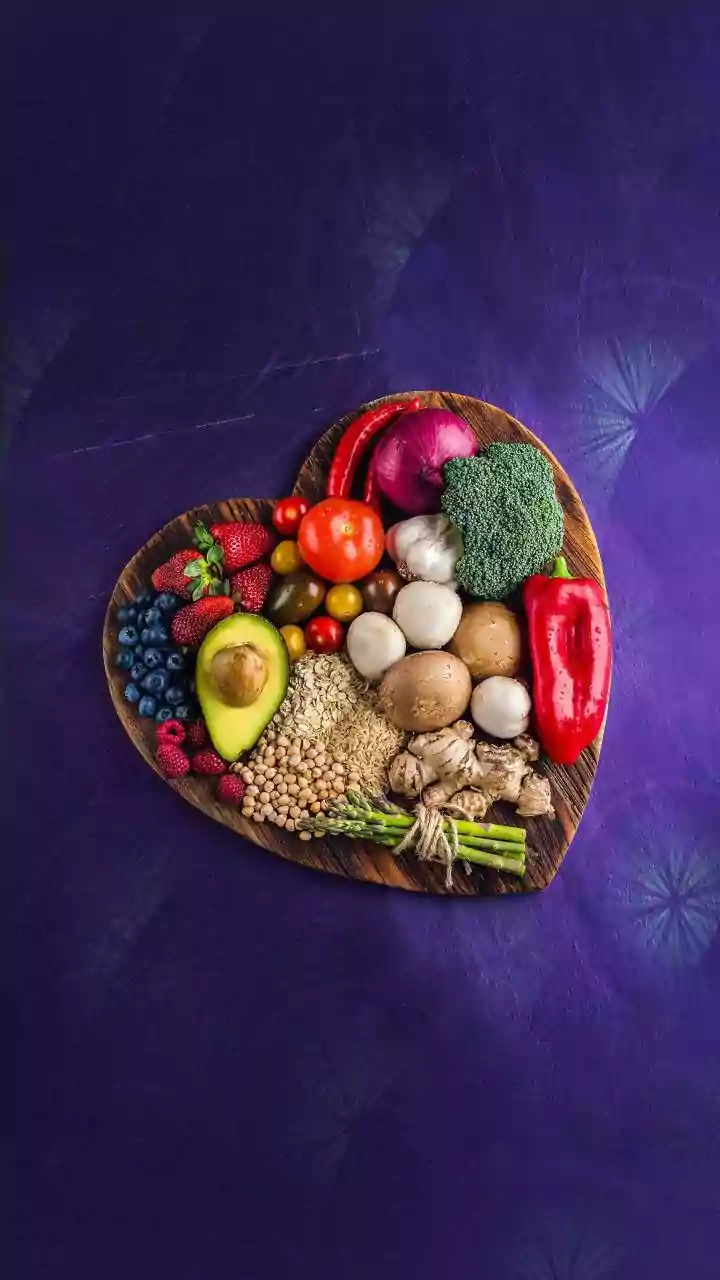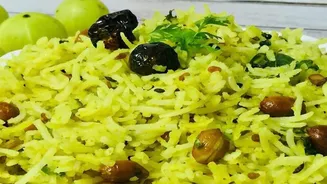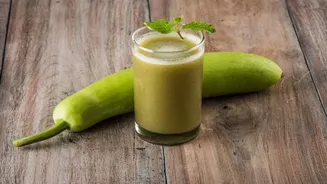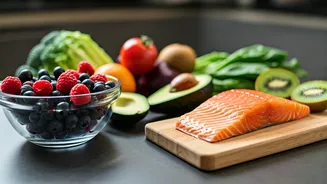10 Seasonal Foods for Optimal Health - Discover the power of eating fresh, local produce. Boost your well-being naturally!
Namaste, readers! As the weather changes, so should your plate. Eating seasonal
foods isn't just about taste; it's about making sure you're getting the best possible nutrition at the right time.
Forget those expensive imported veggies – our desi seasonal foods are bursting with goodness and are kinder to your wallet. Let's dive into 10 power-packed foods that will keep you healthy and happy throughout the year. Prepare to upgrade your diet effortlessly!
Mangoes (Summer): The King of Fruits, Your Body's Best Friend
Ah, the mango! Who can resist this sweet, juicy delight during the summer months? Mangoes are not just delicious; they're packed with vitamins A and C, which are excellent for your skin and immune system. They are also a good source of fiber, aiding digestion. Plus, that vibrant color?
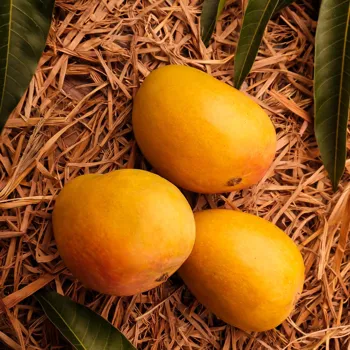
It comes from antioxidants that help protect your cells from damage. Don't overdo it, though. Like all good things, mangoes are best enjoyed in moderation. Too much can lead to weight and imbalance sugar levels.
Watermelon (Summer): Hydration Hero and a Sweet Treat
Summer’s scorching heat demands a cool, hydrating companion, and what could be better than watermelon? Composed of over 90% water, this fruit is a fantastic way to stay hydrated, preventing that sluggish feeling during humid days.
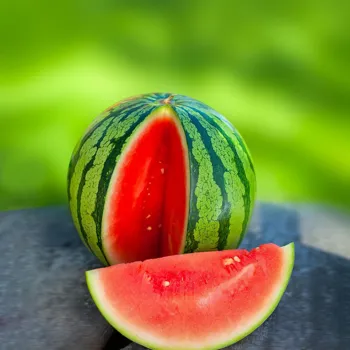
But it's not just water; watermelon contains lycopene, an antioxidant linked to protecting against sun damage, and it's gentle on the stomach. Enjoy it as a snack, in salads, or blend it into a refreshing juice. Watermelon is all about staying cool and healthy under the hot sun.
Jamun (Summer/Monsoon): The Diabetic-Friendly Delight
Jamun, also known as Indian blackberry, hits the markets just as the mango season begins to wind down. This dark purple fruit is a blessing for those managing their blood sugar levels. Jamun has compounds that can help regulate blood glucose and improve insulin sensitivity.
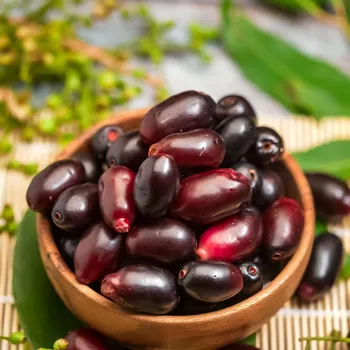
It's also a good source of vitamin C and antioxidants. Don't be put off by its slightly tart taste; it's a great addition to your summer diet, especially if you are diabetic.
Bitter Gourd (Karela - Summer/Monsoon): Embrace the Bitterness for Better Health
Okay, bitter gourd (karela) might not be everyone's favorite because of its taste, however, it’s a powerhouse of health benefits, particularly during the monsoon. Bitter gourd aids blood sugar level control and improves digestion. It's rich in antioxidants and vitamins too.
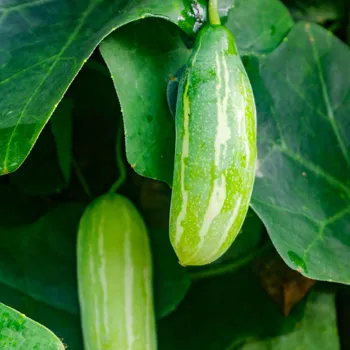
Try different recipes to make it more palatable – sauteed with onions, stuffed, or even juiced, just do not throw away the pulp. Once you get used to the taste, your health will thank you. Remember, good things sometimes come in bitter packages.
Custard Apple (Sitaphal - Winter): A Creamy, Winter Treasure
As the weather cools down, the sweet and creamy custard apple, goes by the name, Sitaphal makes its grand entrance. This fruit is packed with energy and is a good source of iron, making it an excellent choice for those feeling fatigued during the winter months.
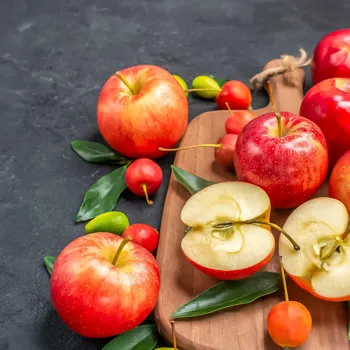
Custard apple also contains vitamin B6, which is essential for brain health. Enjoy it as is, add it to milkshakes, or even desserts. Sitaphal is a delightful way to boost your energy and keep you warm during the colder months.
Green Leafy Vegetables(Spinach, Fenugreek-Winter): The Detoxifying Greens
As winter arrives, Mother Nature delivers a bounty of green leafy vegetables. Spinach (palak), fenugreek (methi), and mustard greens (sarson) are loaded with vitamins, minerals, and fiber. They help detoxify your body after the festive season.
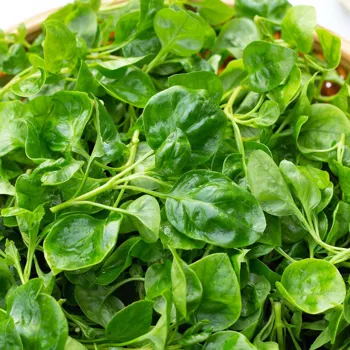
These greens also help improve digestion and boost your immune system, preparing you to fight off winter colds and flu. So, whether you prefer palak paneer, methi paratha, or sarson ka saag, make sure to include these greens in your winter diet.
Carrots (Winter): Sweet and Crunchy Goodness for Your Eyes
The bright orange carrots are easily available during the winter months. Carrots are rich in beta-carotene, which converts to vitamin A in the body, vital for healthy eyes. These root vegetables are also good for your skin and immune system.
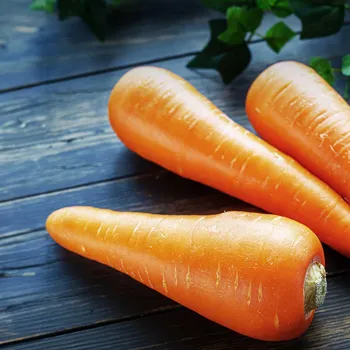
Enjoy them raw, in salads, as part of yummy gajar ka halwa, or add them to your soups and stews. Carrots are a versatile and delicious way to stay healthy during the winter season.
Oranges (Winter): Vitamin C Powerhouse
Winter and oranges go hand in hand and what time to get the Vitamin C needed. Oranges are loaded with vitamin C, which helps keep your immune system strong during the cold season. They're also a good source of antioxidants and fiber.

Whether you drink fresh orange juice, add them to salads, or just peel and enjoy, oranges are a simple and delicious way to boost your health during winter.
Corn(Monsoon/Winter): Delightful Kernel of Sunshine
Corn, with its bright yellow kernels, is a comforting and versatile food that graces our tables during the tail end of the monsoon and the start of winter. It is a good source of fiber, aiding digestion, and also contains vitamin B, essential for energy production.
Whether you enjoy it roasted over a fire (bhutta), boiled in soups, or as part of your chaat, corn is a delicious way to add warmth and nourishment to your diet.
Pomegranate (Winter): Ruby Red Jewels of Health
Pomegranates, with their ruby-red arils, symbolize health and vitality during the winter months. These fruits are packed with antioxidants that help protect your cells from damage and reduce inflammation.
Pomegranates are also a good source of vitamin C and potassium, supporting your immune system and heart health. Enjoy them as a snack, in salads, or as juice. Pomegranates truly are a winter treasure for your well-being.
Changing your diet to include seasonal foods is a simple yet effective way to boost your health. Nature knows best so be sure to follow it. So, embrace the flavors of the season and enjoy the benefits of eating fresh, local produce. Stay healthy, and stay tuned for more health tips!
Seasonal eating guarantees you're consuming foods when they're densest in nutrients. When fruits and vegetables are grown and harvested in their natural season, they have had the optimal conditions to develop full flavour and maximum nutritional value.
Imported items are often harvested early and ripen artificially, leading to a less flavourful and less nutritious end product. Locally sourced, seasonal food also supports local farmers and reduces your carbon footprint as it is transported less.
Making the shift to seasonal eating can be easier than you think. Start by visiting your local farmers' market to see what seasonal produce is available. Talk to the vendors and ask for tips on the best ways to prepare the food.
Experiment with new recipes and flavours to discover foods you enjoy during each season. And most importantly, listen to your body. It knows what it needs. Incorporating seasonal foods into your diet is an act of self-care that offers a multitude of benefits for your health and well-being.
Eating seasonably also encourages a more diverse and varied intake of nutrients. Throughout the year, you'll be exposed to a variety of different fruits and vegetables, each with its own unique nutrient profile.
This broad spectrum of vitamins and minerals supports overall health and boosts your body's natural defenses. It also prevents you from becoming bored with your diet, making healthy eating a sustainable and enjoyable practice.
Ultimately, listening to the rhythms of nature will improve your health and well-being.
Beyond the individual benefits, seasonal eating promotes a closer connection with the environment. It reminds us that food is not just a commodity, but a product of the land and the changing seasons.
By choosing seasonal foods, we honor the natural cycles of growth and harvest and show respect for the resources that sustain us. This connection to nature can bring a greater sense of mindfulness and gratitude to our eating habits.
By understanding this point, then we are close to nature and we consume what nature gives.
It is important to remember that the exact crops available within the year vary depending on your location. So please talk to local people and know the types of seasonal foods to consume.
For instance, in India, a fruit available in a southern state might not be available in northern states.
With little exploration with your local shopkeepers and locals, you will easily understand the variety of crops.
Overall, you will learn a lot about this topic as you start to explore.
Eating seasonal foods is the easy way to achieve optimal health. By savouring tasty and healthy ingredients, you would gain all the benefits of eating seasonally. You would gain more energy, better focus. So explore various tasty seasonal foods. You would never look back!



